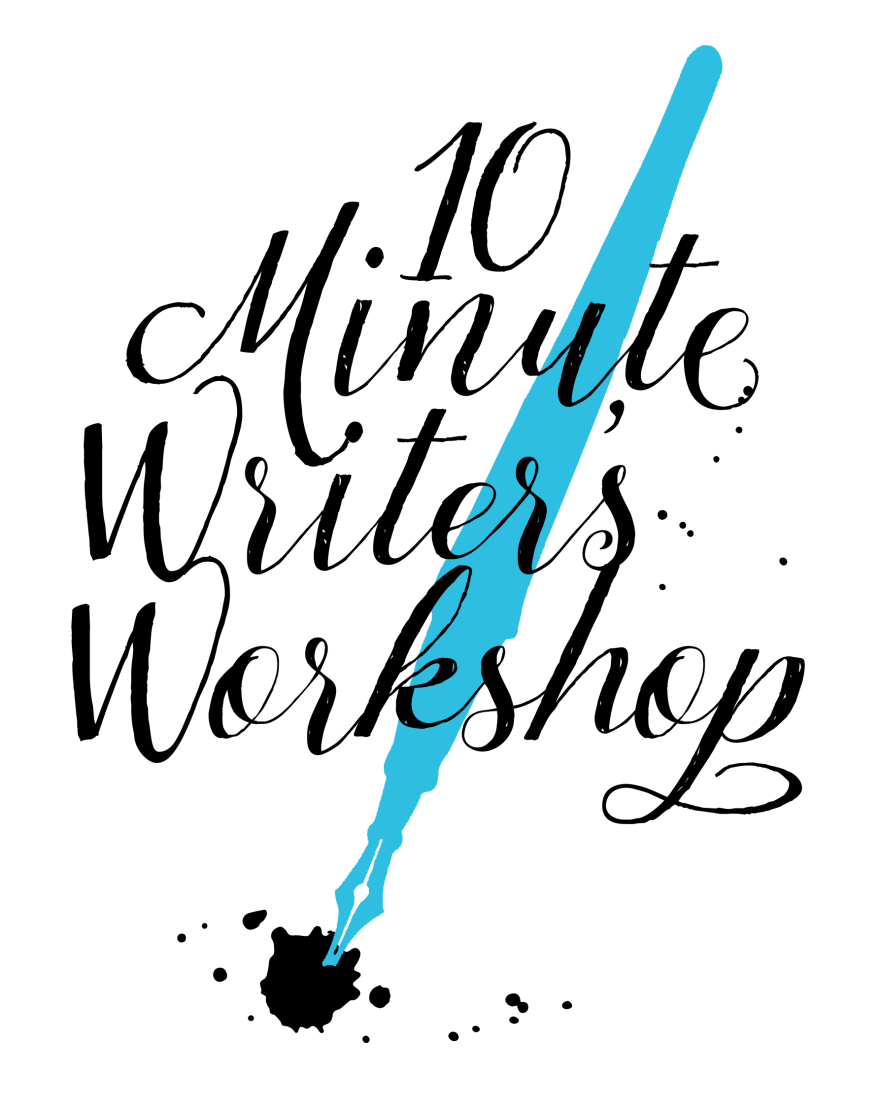Recently, author and famed political satirist Christopher Buckley - son of William F. and the man behind Thank You for Smoking - spoke with us about his latest novel, The Relic Master. We asked him to give us an inside look at his writing process. The conversation is part of a series we call the 10-Minute Writer's Workshop.

Harder to write - the first sentence or the last?
I think it may be John Irving... I read an interview with him once and he said that the first sentence he writes in a book is the last sentence. I don't know how you do that, but he obviously does it very well. I think the first sentence... you always have a certain performance anxiety when you're putting that one down. It's by the second sentence you're pretty well stuck. The first sentence isn't necessarily determinative, but by the time you've got that second sentence, you're launched in a very specific direction... so I'd say it's not the first sentence or the last sentence, but the second sentence.
Are there any habits you would encourage writers to take up or avoid?
I think, if you're writing a book, it makes sense to think of it as a marathon rather than a series of sprints. Obviously, there are no hard and fast rules. I personally find once you've gotten launched - and getting launched takes me a certain amount of gathering momentum and preparation, all that - try to be regular. It sounds like I'm advising people to eat Raisin Bran... but do it, work at it every day. Getting a book going is kind of like building a fire - if you don't keep that fire fed, to continue the metaphor, it'll go out. If you leave a book for, say, a week, two weeks, three weeks, a month, you've going to have to rebuild that fire from scratch.
Sometimes life intervenes, and you have to leave a book for a certain amount of time. With this one I had to take a month hiatus and go write something else, and by the time I got back to it, it's like throwing twelve, fifteen balls up in the air, and you kind of forget which balls you've thrown up. The other thing is, I'm sixty-three... I find it difficult to write all day long. I find three or four hours a day of concentrated writing is a pretty good work day.
What is your personal worst distraction from getting your work done?
The internet. I'm kind of ADD, and I'll look for any excuse. I'll write one paragraph and say to myself, "I think I better check the email." There's actually some software, I think it's called Net Nanny*, you can program your computer not to let you on the internet. However, that doesn't work for me, especially writing something like a historical novel... I Google. I feel about Google the way some gun owners feel about their guns - they'll have to pry it from my cold, dead fingers.
Most common mistake new writers make?
Classically, don't they say "show, don't tell?" So, that would be one. I studied writing at college with a guy named William Zinsser, and that course that he gave at Yale, he turned into a book called On Writing Well that I would recommend to anyone who wants to write. It is an absolutely perfect companion and guide. And one of Bill's teaching points that became my mantra, and remains my mantra is "be grateful for every word you can cut."







